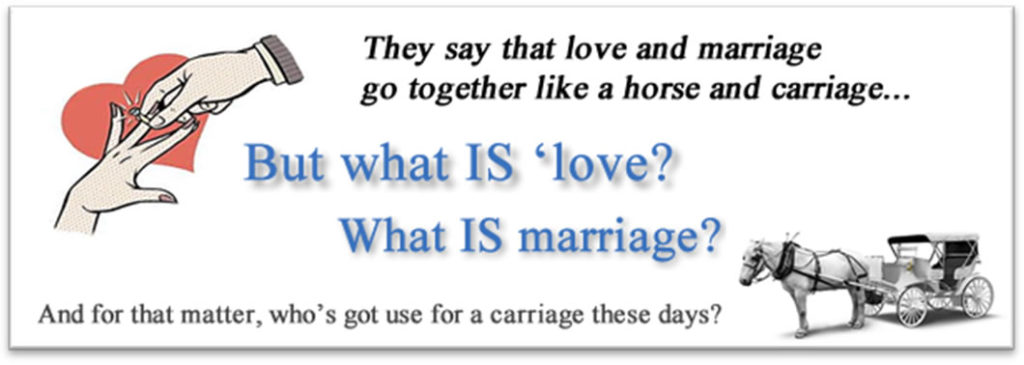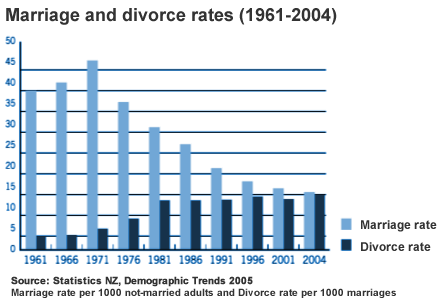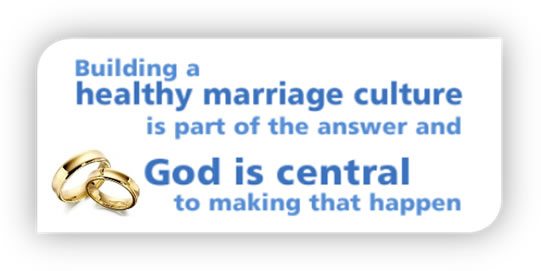
Secularism is religious
A gospel by any other name
Ideologies, “isms”, such as secularism, embrace the same concerns as the Christian gospel. They are concerned about the good life, about the purpose and meaning of being human, of living well in the world, forming communities, making moral choices etc.
This resource is designed to help people recognise a gospel by any other name.
Secularism is a belief system
An article on the New Zealand Association of Rationalists and Humanists website (reason.org.nz) states:
“The NZARH strongly believes that government should be secular; that is dealing with the issues of this world rather than following a religious agenda. Our law should not give one set of beliefs privilege over another and the state should treat religious organisations the same as any other organisation … Societies in which all people can openly express and practice their beliefs are far better places to live in than those that enforce dogma – religious or otherwise.”
The NZARH strongly believes that government should be secular; that is dealing with the issues of this world rather than following a religious agenda. Our law should not give one set of beliefs privilege over another and the state should treat religious organisations the same as any other organisation … Societies in which all people can openly express and practice their beliefs are far better places to live in than those that enforce dogma – religious or otherwise.
What is secularism?
David Koyziz answers:
Secularism may be described as an idolatry which, as its name indicates, worships some created thing, or more than one thing, within the saeculum – the present age.
As Koyzis asserts, secularism is, like all ideologies, inescapably religious. Rather than equating ideology and religion, Koyzis goes on to say that an ideology flows out of the religious commitment of a person or community.
Neither the NZARH nor groups such as the New Zealand Secular Education Network can claim high ground or neutrality in this regard. There are some issues to address with regard to the statement of the NZARH for example:
- The statement proceeds from faith – “the NZARH strongly believes”. This is of course inevitable with all such bottom-line statements of conviction. We believe before we affirm.
- The statement characterises religion as being only concerned with issues that are otherworldly and future – not with “the issues of this world”. This is a highly contentious assumption, one that Christians, as well as followers of other religions would contest.
- The statement contends that one set of beliefs should not be given privilege over others. Do the NZARH hold this to be the case in propagating their own faith position?
- The statement accuses others of seeking to “enforce dogma”. Do they seek to stand above that accusation themselves?
Ideologies, “isms”, such as secularism, embrace the same concerns as the Christian gospel. They are concerned about the good life, about the purpose and meaning of being human, of living well in the world, forming communities, making moral choices etc.
Ideologies are, in this sense, gospel stories – declarations of good news. This is the meaning of “gospel”, as we find it in Scripture. It is a public word, not uniquely a Christian word. It was widely used in the first century as the proclamation of good news through the Roman Empire. The Priene inscription, from 9 BC, makes use of the word as follows:
Caesar [Augustus] through his appearance has exceeded the hopes of all former good messages [euangelia], surpassing not only his benefactors who came before him, but also leaving no hope that anyone in the future would surpass him, and since for the world the birthday of the god was the beginning of his good messages [euangelia]…
The gospel of Christ, the gospel of God’s kingdom and reign in Christ, has always been proclaimed not only as the biblical vision and promise of life but always in contention with other visions and promises, other stories of the good life, told by emperors, educators, politicians and ad makers.
Such was the case in the days of the prophets when Egyptian, Assyrian, Babylonian or Persian stories of the good life were on offer. Such was the case in the days of Jesus and the 1st century disciples when Roman versions of the gospel were widely proclaimed – peace and blessing in the name of the Caesar who was lord and saviour of the world. When Paul proclaimed Jesus as Lord, he consciously did so in contention with the alternative Lord of the day, the Roman Caesar.
What are the threats and opportunities that present themselves in this era of secularism? Surely the greatest threat is that secularism will proclaim itself as the only way; that the secular ideology will be enforced as dogma to the exclusion of other faith positions. The danger in this is that the Christian gospel will be locked out of the main arenas of public debate and decision making, as though it was irrelevant or outdated.
However, there is also opportunity in the current secular context in which many find themselves in Western nations such as Aotearoa New Zealand. In the words of Stanley Hauerwas:
I think this is a time that God is finally helping us Christians get over what is called Christendom – namely, when we thought we were in control of the world. It’s terrific. We’re discovering we’re going to be forced to learn to live by our wits. When you have power, it dulls the mind, and it dulls the intellect. We’re learning what it means to live without power. We may learn to live wittily again. When you’re not in control then you have to know those who are in control better than they know themselves in order to survive. That’s great. We can do that now in a way that I think is quite promising.
Amen. May we graciously and courageously take such opportunity.
References
Hauerwas, S. (2011). Sunday Asylum: Being the Church in Occupied Territory. The House Studio and The Work of the People.
Koyzis, David T. (2003). Political Visions and Illusions: A Survey and Critique of Contemporary Ideologies. Downers Grove, Ill. IVP.
Stenhouse, J. and Wood, G. A. (Ed’s.). (2005). Christianity, Modernity and Culture. Adelaide, Australia. ATF Press.
Dr Rod Thompson – National Principal of Laidlaw College
Rod holds a BA (Sydney University),ThL (Australian College of Theology), MEdS (Institute of Christian Tertiary Education), and a PhD from Macquarie University, is married to Rosanne and they have four adult children and two granddaughters.





 Marriage – where is it heading?
Marriage – where is it heading?
 For those who are married, commit to building your marriage based on God’s plan, as a model and encouragement to others, and a witness to God.
For those who are married, commit to building your marriage based on God’s plan, as a model and encouragement to others, and a witness to God.




